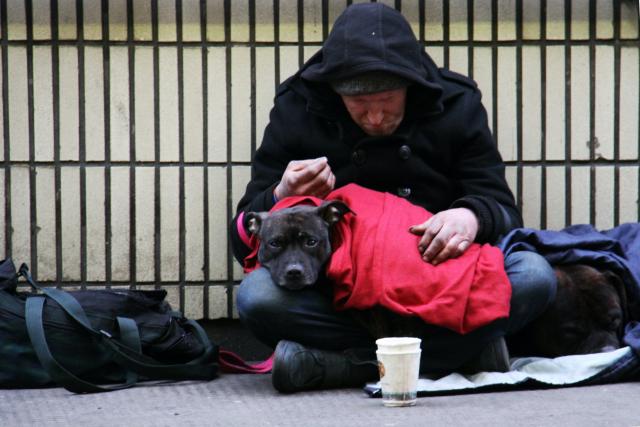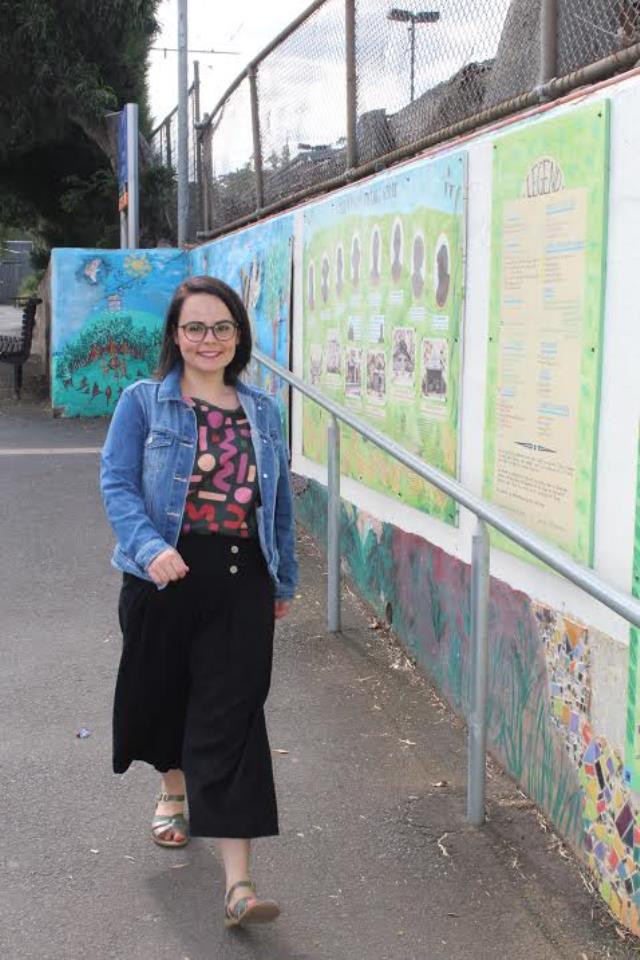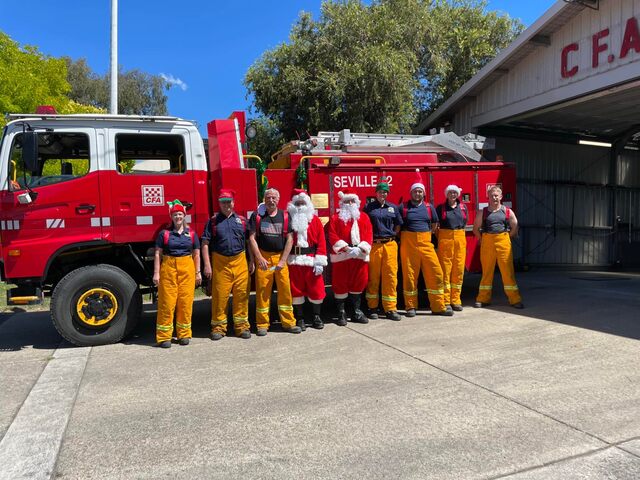The housing crisis is becoming strained across the Knox municipality as the cost of living continues to rise.
During the City of Knox council meeting held on July 14, 2023, a local woman came forward to share her experiences with becoming homeless in the Knox municipality during council’s public question time.
She shared that she had been taken off the Victoria Housing Register, because she had been fortunate enough to find a job, and now makes ‘too much money’ to be considered for social housing.
The woman said, in Knox alone, she had come across several others who were put in this position, or have been made homeless due to the current economic environment, and need help.
“We’re real people, it hurts and it’s embarrassing and awkward, and I would rather not be in this position,” she expressed to Knox councillors.
As of April, 2023, the income limit for a single person is $1,107, a couple has a limit of $1,693 and for families up to two children is $2,284 with each additional child increasing their limit by $370 each.
This means that anyone requiring social housing support must be earning less than $58,000 for a single person, or less than $119,000 combined for families, per year in their employment to make the cut.
At the July council meeting, Knox Mayor Cr Marcia Timmers-Leitch said as a council “we are taking homelessness very seriously”, and said council is trying to get Knox in front of MP Julie Collins to help improve the local homelessness situation.
Unfortunately, across the wider Knox community, homelessness and financial difficulties are becoming the norm for many residents.
Another woman, a single mother in Ferntree Gully, said the increased cost of living has put her family at risk, and causing severe detriment to her mental health.
She said, at the time of interview, she was unable to work due to her health, but was fortunate to have families from Uniting Victoria supporting her wellbeing and safety.
The mother said the most heartbreaking part was the impact the rise in costs is having on her son.
“We have thankfully been allocated housing, but petrol prices, insurance, clothing, food, and everything is just so expensive.
“Some weeks I can’t afford food, so I have to call the Salvation Army food banks.
“My son is in high school, and doesn’t want to change schools, so I have to pay for tolls and petrol to get him there, and then can’t afford to let him go out with friends,” she said.
The biggest kick, for her, is that her son’s father doesn’t support them.
“His father only pays $18 a fortnight in child support. How is that supposed to help me raise our son?” she said.
City of Knox Council were approached to comment, however were unable to comment on the current homelessness situation in the municipality.
It did, however, share that the council has a Homelessness and Rough Sleeping Policy and partners with key stakeholders to prevent homelessness and monitor accessibility to key housing providers and other support services.
Council also has a four-year plan to increase the supply of social and affordable housing in Knox.
Bayswater MP Jackson Taylor said everyone has the right to a safe roof over their head.
“I’m proud to be part of a government that is delivering the Big Housing Build, delivering more than 12,000 new social housing homes for those that need it most,” he said.
Mr Taylor said the cost of living is certainly having an impact on locals at the moment.
“Locally, in our part of the world, as a part of the State Government’s Boronia Revitalisation funding has been provided to Knox Infolink in order to run the Boronia breakfast program, open to anybody who wants a good, hot meal.
“The team at Infolink use this opportunity to chat with people who attend and link them up with support services, where appropriate,” he said.
Earlier this month, in recognition of homelessness in Victoria, thousands of origami homes were displayed on the steps of Victoria’s Parliament to illustrate the scale of the state’s housing and homelessness crisis.
Council for Homeless Persons CEO Deborah Di Natale said more than 100,000 Victorians sought help from homelessness services last year, and on any given night, approximately 30,000 people have no home.
“These people are staying on friends’ couches, in expensive and dangerous rooming houses or without shelter entirely, living in a car or public space,” she said.
Across Victoria, rental prices have increased by 13 per cent in the last year alone, and we have seen 12 increases to the cash rate by the Royal Bank of Australia, causing more strain on locals to secure permanent housing.
She said we need Victoria to act, but the federal government must also coordinate a national plan to end, and not just reduce homelessness.
“The theme of Homelessness Week is that “it’s time to end homelessness.
“Investment in social housing is a no brainer – it boosts the economy and puts a roof over people’s heads. The cost is too high, and the benefits too great not to invest,” she said.







